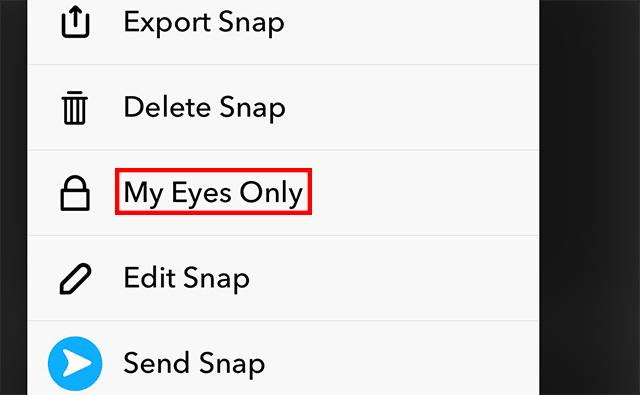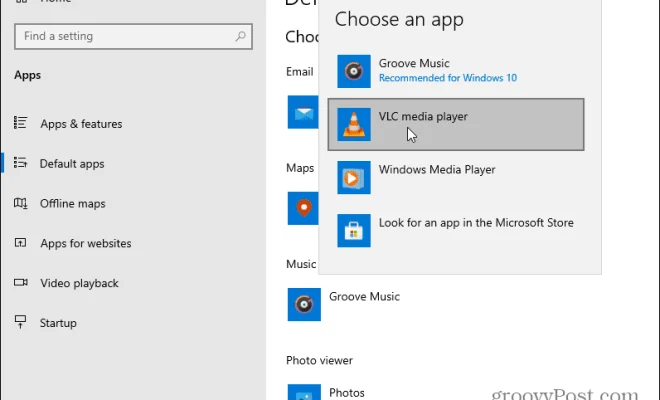Can I Ask My ISP for Internet History?

The internet has become an integral part of our lives, and it is no surprise that internet service providers (ISP) collect data on our internet history for a variety of reasons. Some of the purposes include improving internet speeds, managing traffic, and monitoring illegal activities. This can lead to questions about whether it is possible to ask an ISP for access to this data.
The simple answer is, it depends on the laws and regulations of your location. In some countries, ISPs are legally obligated to keep logs of their customers’ internet histories, while in others, they are not required to do so. In some jurisdictions, ISPs are required by law to provide access to internet history data to law enforcement officials for specific legal reasons, such as investigating a crime.
However, even in cases where an ISP is allowed to provide internet history data, they may not do so easily. They may require a legal warrant, court order, or subpoena before releasing any information. In some cases, the ISP may also require a request in writing from the account holder.
It is important to note that even if you are able to request your internet history data, it may not be a comprehensive record of all of your online activity. Some ISPs may only retain internet history data for a certain period, and some types of online activities, such as those that use virtual private networks (VPNs) or private browsing modes, may not be recorded.
In addition, some ISPs may also charge a fee for retrieving this data, and it may take some time before the information is made available after a request is submitted.
In conclusion, while it may be possible to request internet history data from your ISP, it is not always easy or straightforward. There may be legal requirements, fees, and limitations on the amount and type of data that is made available. It is also worth noting that some privacy advocates may be concerned about the implications of ISPs collecting and storing this data, and may advocate for stronger privacy protections for internet users.






